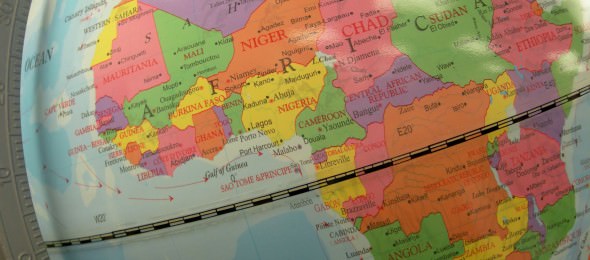John Y. Gotanda, Associate Dean for Faculty Research and Professor of Law at Villanova University School of Law, has published Consistently Inconsistent: The Need for Predictability in Awarding Costs and Fees in Investment Treaty Arbitrations, ICSID Review (Fall 2013) 28 (2): 420-437; Villanova Law/Public Policy Research Paper No. 2013-3039. In his article, Professor Gotanda discusses the role of arbitration in the often high stakes world of investment treaties. He also advocates for the adoption of uniform rules for awarding legal fees and costs.
Here is the abstract:
In investment treaty arbitrations, the stakes are high. It is not uncommon for claims to be asserted for hundreds of millions of dollars, and for the costs to resolve such disputes to run into the millions of dollars. Despite the substantial sums involved in resolving such disputes, there exists no uniform practice on awarding costs and fees in investment treaty arbitrations. As a result, some tribunals have ordered each party to bear its own legal fees and share equally the costs of the tribunal, while others have required the losing party to bear the costs and fees of the prevailing party. Tribunals also are inconsistent in allocating costs and fees when they decide such awards are appropriate. The lack of predictability is problematic because it hinders the parties’ ability to evaluate the economic cost of pursuing or defending an action and ultimately their ability to settle actions. Arbitrary awards of costs and fees also undermines the legitimacy of the dispute resolution system. This article examines the practice of awarding costs and fees investment treaty arbitrations, particularly those resolved under the auspices of the International Centre for the Settlement of Investment Disputes (ICSID). It proposes that ICISD adopt a uniform approach on the awarding of costs and fees, by amending its rules to provide for a permissive presumption for allocating costs and fees under either the pay your own way principle or the costs follow the event approach. It argues that it is more important to adopt a uniform approach than to try to determine which is the better rule. It also proposes that, in the event that ICSID adopts the costs follow the event approach, tribunals should employ more extensive procedures for awarding costs and fees. These procedures could include separate briefings and perhaps a separate hearing on issues of costs and fees, and opinions that are transparent in their awards of costs and fees. Adopting a clearer rule on the awarding of costs and fees would bring much need predictability to the awarding of costs and fees in investment treaty arbitrations and would result in a more efficient and fair system for resolving disputes.
This and other scholarly publications authored by Professor Gotanda may be downloaded for free from the Social Science Research Network.














